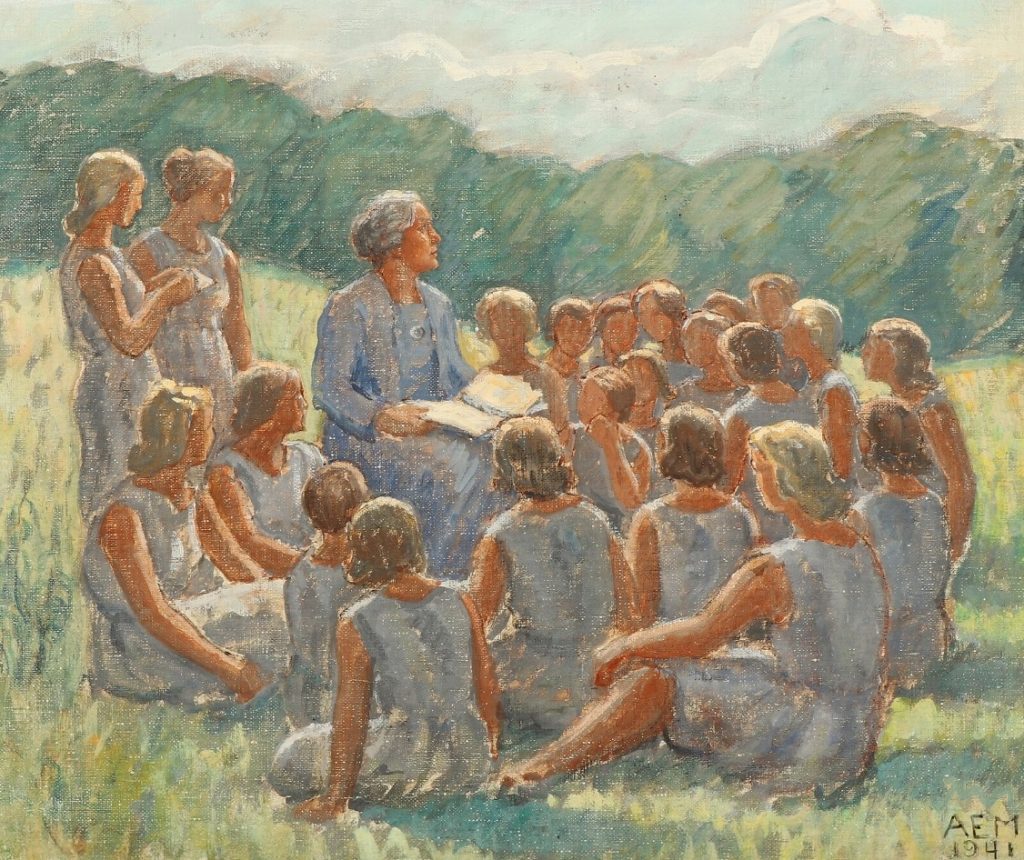
This year, we have an exceptionally large group of pre-readers in school. Almost a quarter of the kids have come straight from kindergarten. They all know the alphabet and most can at least read syllables, but before summer vacation few in this group could confidently read instructions in their textbooks.
Traditional reading training, where one inexperienced child laboriously works his or her way through a text while everybody else listens in exasperated boredom, is highly inefficient. In a multi-age group as ours this can to some degree be “hacked” by pairing older kids with younger ones, allowing all pre-readers to practice more and spend less time listening to their not very competent peers.
But the real magic happens at home. No school can surpass fifteen daily minutes of reading time with parents.
One very satisfying method is the parent reading a short piece once, and getting the child to read it thrice. After the third reading, the child has attained a higher confidence in recognizing the more complicated words. In my experience, the time immediately after dinner is the best for these kinds of activities: It is a clearly defined time slot that occurs every single day, and a period that is normally relatively uncluttered with other appointments and activities.
I have shamelessly copied an idea from Copenhagen Libraries, and made a bookmark you can use to note down what you’re reading with your child. We will print them out, but you can download them here, as an attachment to the ticket.
Even just reading aloud while your child is lying in bed staring at the ceiling improves reading ability and language comprehension. I am personally a big fan of reading above the child’s presumed level. Unless it’s pornography, crime fiction or political memoirs, most books for adults can be appropriate bedtime reading for children. I must admit this occasionally results in responses and conversations with the kids that do not appear to have anything at all to do with the book itself. But the very worst that can happen is the parent reads something interesting and the child falls asleep.
Our ambition is for every recent graduate from jardin d’enfants to read at a functional level by Christmas. (Defined in this case as “able to read instructions in age-appropriate textbooks”.) This presumes a much faster pace than school authorities expect, but is doable. A group of 100% readers will release an enormous potential of learning and independent work in the Spring semester 2022. Sometimes grand ideas just don’t work out. But we have to aim at something. And no school gets anywhere without help from the homes.